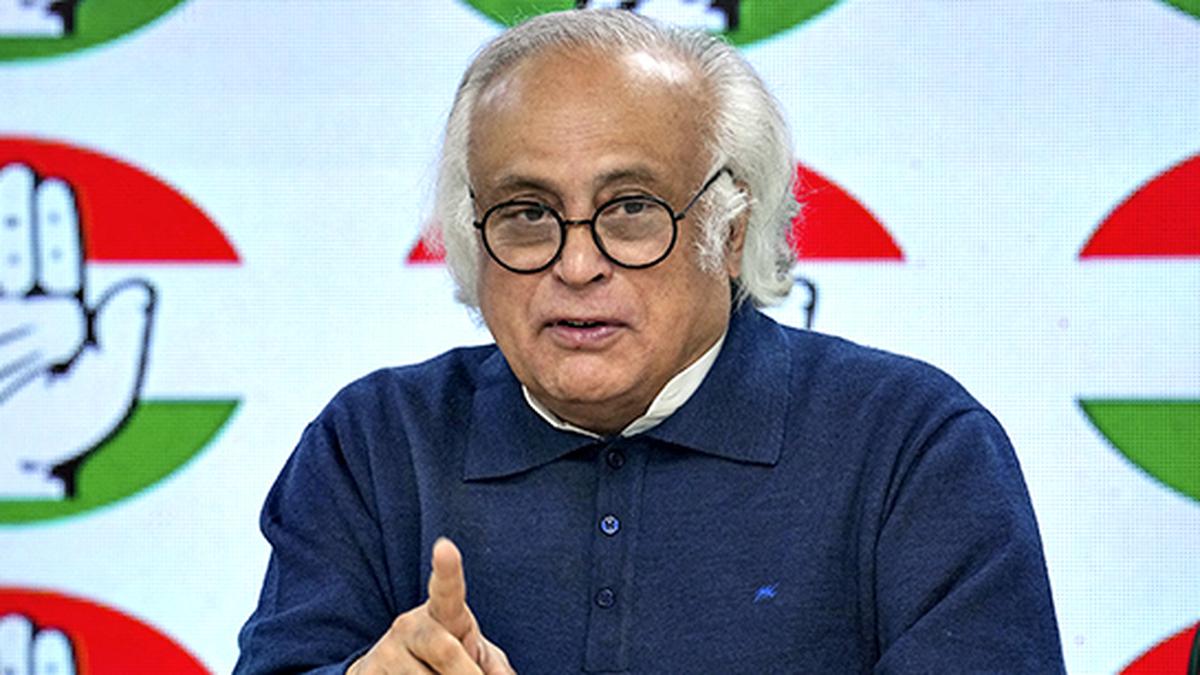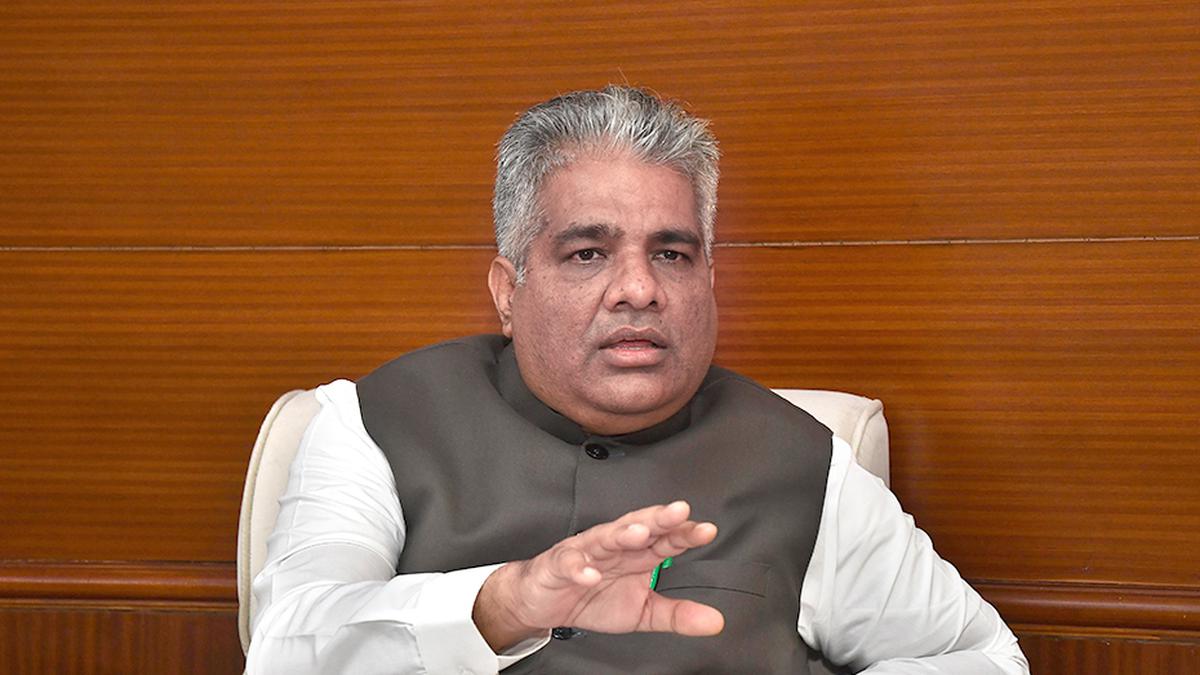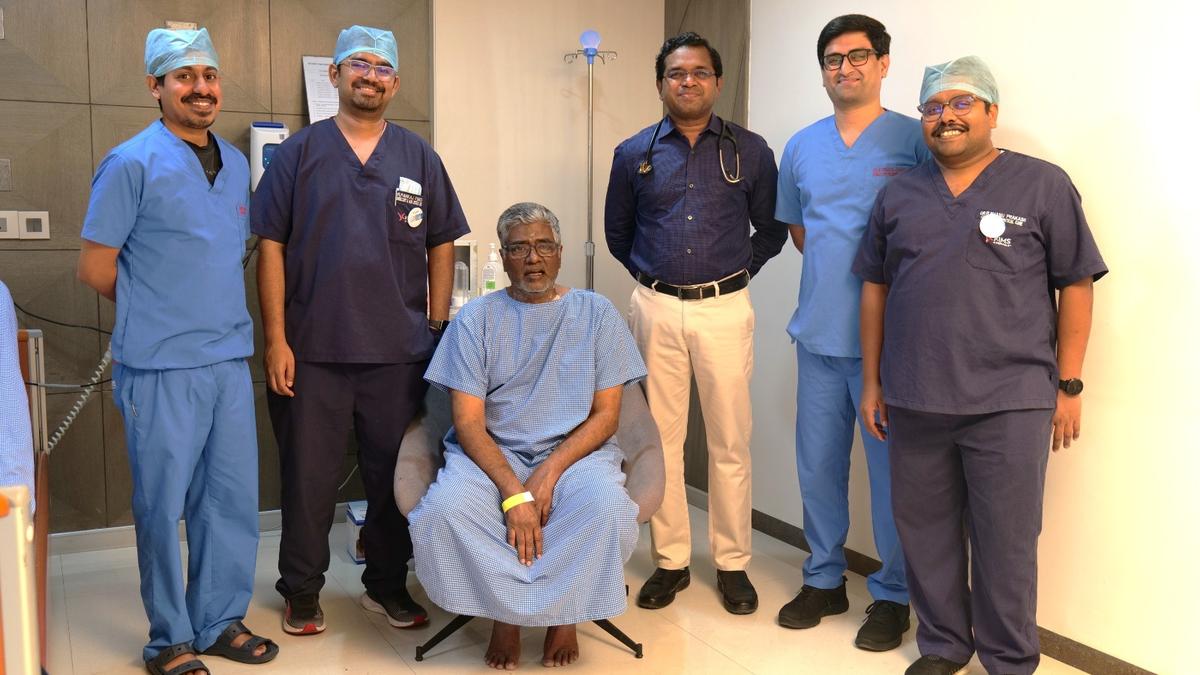The High Court of Karnataka has issued a series of directions to the State government for proper maintenance of drinking water infrastructure, including storage tanks, pipelines, and reverse osmosis (RO) plants, while asking it [the government] to come out with a comprehensive standard operating procedure (SOP) by incorporating its directions.
A Division Bench, comprising Chief Justice N.V. Anjaria (as he then was) and Justice K.V. Aravind issued the directions while disposing of a PIL petition filed by Ramesh Naik L., a Tumakuru-based advocate.
Though the petitioner had brought to the notice of the court the issue of contaminated drinking water supplied in Tumakuru district, the Bench found it necessary to expand the scope for the entire State, as similar failures and deficiencies in the supply of pure drinking water persist across Karnataka.
Even if the infrastructure is in place, the failure to maintain it, thereby depriving individuals of access to pure drinking water, amounts to a failure on the part of the State to discharge its constitutional obligations as the State has a fundamental duty to supply drinking water fit for human consumption, the Bench said.
Maintain records
Stating that water treatment/purification plants, and underground and overhead storage tanks should be as per the standard scientific norms, the Bench said that the government should maintain detailed records of scheduled maintenance activities and nature of maintenance, and systematically preserve these records for production before the court as and when necessary.
Pointing out that dereliction of duty by authorities in maintaining drinking water pipelines is nothing short of a criminal act of endangering public health, the Bench said the government should formulate a comprehensive road map for inspection, maintenance, and replacement of pipes in a periodic and scientific manner and should preserve records of such inspections.
RO plants
As RO plants have been installed in areas where source of drinking water is borewells, the Bench directed the government to issue comprehensive guidelines prescribing the intervals at which maintenance of RO plants should be conducted, as they require sophisticated maintenance, including cleaning and replacement of filters.
While directing the authorities to preserve records of maintenance of RO plants, the Bench said that the total amount collected from RO plants, and expenditure incurred for maintenance, replacement of filters and other components should be systematically recorded and maintained as water through RO plants are dispensed on payment of nominal amount by users.
Meanwhile, the Bench directed the government to make all non-functional RO plants across the in working condition within one month.
The panchayat development officers in rural areas and a designated officer of local bodies in urban areas should witness maintenance of ROs along with an elected representative of panchayat or local body in rural areas and with a headmaster of nearby government schools in urban areas, the court said, while making it clear that deputy commissioners of the respective districts would be held accountable for implementation of these directions.
Published - May 30, 2025 09:12 pm IST



.png)
.png)
.png)
















 1 week ago
5
1 week ago
5










 English (US) ·
English (US) ·